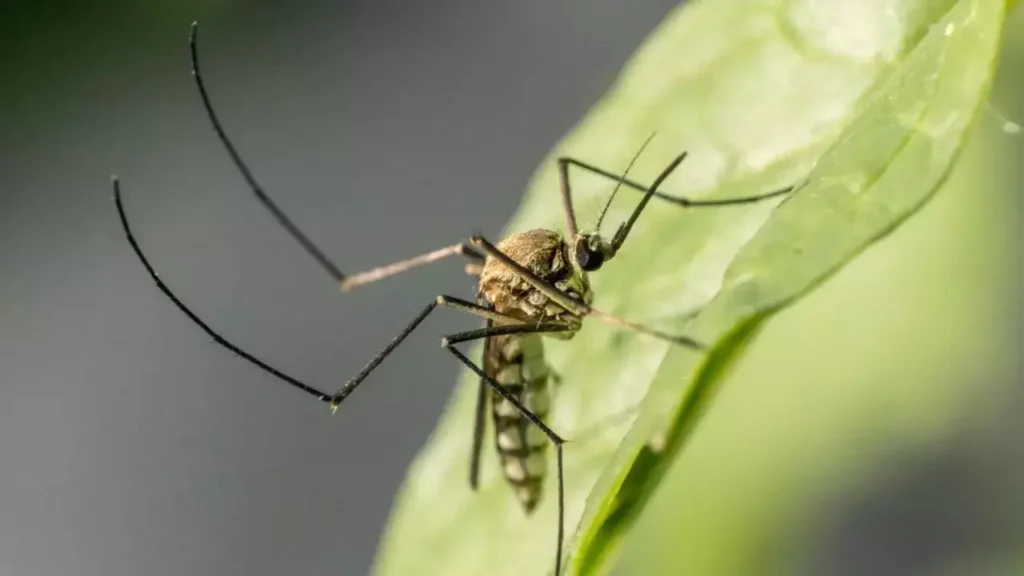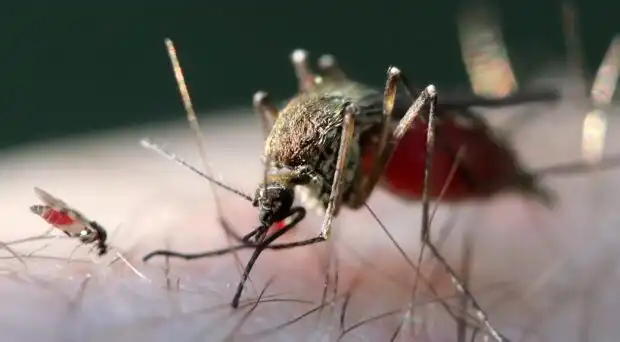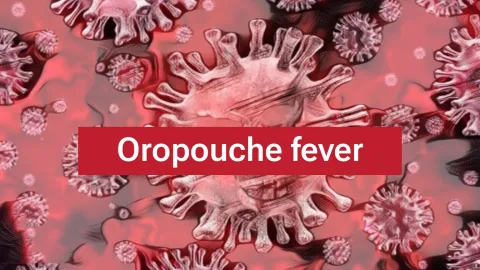Oropouche Virus Kills 2 in Brazil the growing danger of Oropouche fever is highlighted by the recent deaths in Brazil. The spread of mosquito and midge populations could increase due to altered ecological conditions brought on by climate change, raising the risk of this and other vector-borne illnesses.

Mosquito-borne illnesses, including dengue and West Nile virus, are increasingly affecting people worldwide. Recently, the Oropouche virus has made headlines after causing the deaths of two young women in Bahia, Brazil—the first recorded fatalities attributed to this virus, according to Brazil’s health ministry.
What is Oropouche fever?

A tiny, biting fly called a midge is the main vector of transmission for the tropical viral infection known as orophouche fever. Although less frequent, mosquito bites can also transmit it. named after Trinidad and Tobago’s Oropouche River, where it was discovered for the first time in 1955.Subsequently, it has been linked to major outbreaks and occasional cases in tropical areas such as French Guiana, Brazil, Peru, Haiti, and Colombia.Two persons in Brazil are killed by the exceedingly dangerous Oropouche virus.Mosquitoes such as Culex quinquefasciatus, Coquillettidia venezuelensis, and Aedes serratus are the carriers of the infection.
Symptoms of Oropouche Fever

Oropouche fever typically manifests symptoms 4–8 days after the viral bite, with a fast start.
Common symptoms include:
- High fever
- Severe headache
- Joint and muscle pain
- Chills
- Nausea and vomiting
- Dizziness
- Photophobia (sensitivity to light)
While most cases are mild and resolve within a week, severe cases can lead to aseptic meningitis, a condition where the meninges (protective membranes around the brain and spinal cord) become inflamed.
Treatment and Prevention
Regrettably, Oropouche fever does not currently have a specific antiviral medication or vaccination available. The main goals of treatment are to control symptoms such as pain, fever, and dehydration. Recuperation requires lots of fluids and rest.

The best way to treat Oropouche fever is to prevent it. Since insects are the primary means of transmission, preventive actions akin to those advised for dengue and other diseases spread by mosquitoes are advised:
- Use insect repellent
- Wear long-sleeved clothing and pants
- Stay in well-screened areas
- Eliminate mosquito breeding sites











